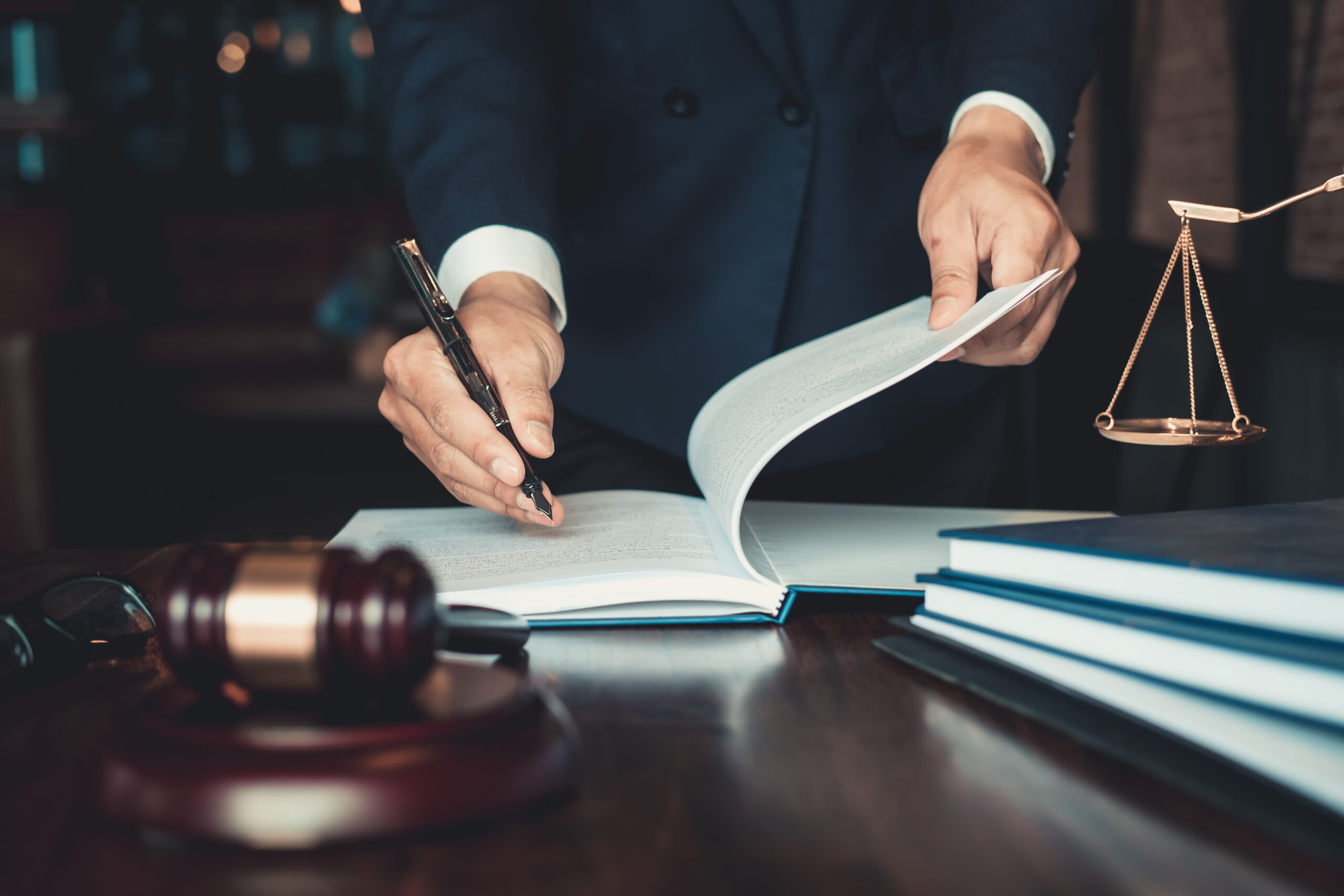is there a secret to winning lawsuits?
There’s a lot on the line when it comes to lawsuits. Maybe you are fighting for custody of your children. Or for control of your business. Or to recover money for breach of contract. Or for compensation for a personal injury.
When it comes to lawsuits, everyone involved has something to lose.
Given the high stakes, how do you make sure that you win? Is there anything you can do to ensure victory? There is a secret to winning lawsuits. But before I tell it to you, a few reminders about the reality of civil lawsuits.
the reality of civil lawsuits
First, civil lawsuits are extremely slow. In Utah, a civil suit can take years to complete. Literally years and years. With Covid it’s even worse.
Second, civil lawsuits are designed to uncover the truth. They do it through a variety of tools, including written discovery, subpoenas, inspections, exams, depositions, evidentiary hearings, and expert witnesses to name a few. With enough time, money, and effort, parties can effectively use these tools to uncover the truth of a case.
Third, deadlines hang over lawsuits like a guillotine. There are deadlines to file the lawsuit; to serve the lawsuit; to respond to the lawsuit; to get documents; to depose witnesses; and to get expert testimony, among many others.
Fourth, the documents always tell a story. The key documents in a lawsuit vary from case to case, but they always tell a story. In a breach of contract case, the key documents might be e-mail exchanges negotiating terms. In a partnership dispute, they might be bank statements. In a personal injury lawsuit, they might be police reports or medical records. If you dig deep enough in the documents, they always tell a story.
Fifth, attorneys often move forward on cases without doing legal research, often on a misguided belief that they already know the relevant law. After all, they have done hundreds of personal injury cases or hundreds of construction cases or hundreds whatever type of case it is they are working on. As a result, they often wait to do legal research until late in the case. When they wait, attorneys often figure out—too late to matter—that there are material distinctions in the law as it applies to their case. In other words, they find too late that they did not understand the specific contours of the law as it relates to the case.
the secret.
So, what is the secret to winning a lawsuit? It’s this: the side that figures out first what matters most is the side that usually wins.
In most cases, there are usually only two or three facts that matter. The side that figures out what those two or three facts are first has a structural advantage. By that I mean, if you find out early what those two or three facts are, you can act on that knowledge to secure significant litigation advantages.
But to find out what facts matter in your case, you have to do legal research early. If you do, you will discovery the distinctions in the law as it applies to your case, distinctions that you may not have been aware of or maybe that you forgot about. Once you fully understand the applicable law, you might be surprised to learn the two or three facts that actually matter in your case.
To find what facts matter most, you also have to read the documents early. All of them. Doing so, is easier said than done. There can be hundreds or thousands of pages of documents in your case. As a result, attorneys often fail to read all of the documents, especially early—when it matters most.
To find out what facts matter in your case, you also might need to retain expert witnesses. If you retain them early, expert witnesses will help you understand what matters most in your case.
If you do these things—and others—you will know what matters most in your case. If you gain that knowledge early enough, you will have litigation superpowers. You will get deposition testimony that you would not otherwise get. You will get documents in discovery that you would not otherwise get. You will get witness statements that you would not otherwise get. You will establish defenses to motions in limine and for summary judgment long before they are ever filed. And you will position yourself to get rulings from the judge that you would not get otherwise get.
If you can see the end of your case from the beginning, you will likely win.
a short example
Imagine a case involving a person who was injured while riding as a passenger on small Italian scooter. The driver was operating the scooter at 60 miles per hour when he lost control. The passenger brings claims against the driver. The driver’s defense is that a sudden gust of wind knocked the scooter over; it was an unforeseeable act of God.
Imagine if the passenger’s attorney retains an expert on Italian scooters early and finds out that the manufacturer recommendations say the scooter is not to be operated above 50 miles per hour, warning that it becomes unstable at high speeds. The passenger’s attorney takes an early deposition of the driver of the scooter. He testifies that he is not at fault because he was driving under the 65 miles per hour speed limit, but freely admits that he was driving around 60 miles per hour—10 miles per hour over the manufacturer recommendations. In that moment, neither the defendant nor the defendant’s attorney know it, but they just lost the case.
Had the driver’s attorney done the early research or retained an expert early, he might have uncovered the 50 mile per hour limitation. If he knew about it before the deposition, he could have prepared his client to handle the questions the speed limitation questions. But because he didn’t know what mattered most, his client freely admitted to operating the scooter in violation of the manufacturer’s recommendations.
Finding out first what matter most is the difference between winning and losing your case. But it takes work. It takes early legal research and pouring through hundreds or thousands of pages of documents. But that is secret of winning your lawsuit, knowing what matters most, first. When you do, you become unstoppable.
the secret only works if you act fast
The side that finds out first what matters most usually wins, but only if that side acts on that knowledge quickly. When you find out what matters most, there is an imperative to act fast. Acting fast might be deposing the opposing party at the outset of the case. At that point, the opposing party might not know what matters most. And, as a result, you may be able to get admissions that you would otherwise never get.
Or, acting fast might be interviewing witnesses early and getting affidavits or deposition testimony before the opposition understands the case. Or sending highly targeted written discovery requests or subpoenas early in the case. The key is to find out first what matters most and leverage that knowledge into a structural advantage in the litigation.
Time is at a premium in litigation. That’s why fast action is so important. Not because you are trying to complete your work before your deadlines run, but because you are trying to lock down the most important facts early, leaving your opponent precious little time to recover.
If you don’t know what matters most in your case, call an attorney to help you figure it out before it’s too late.




